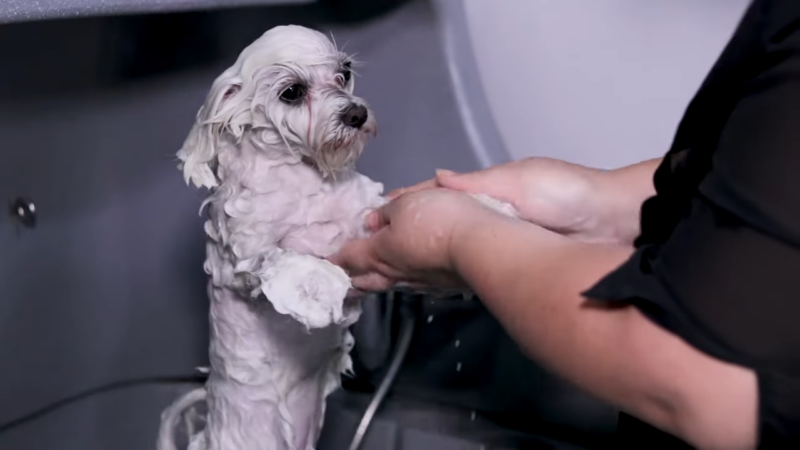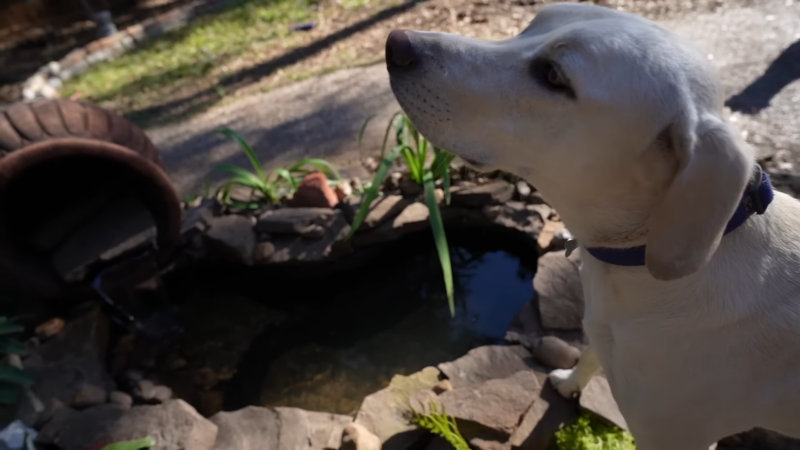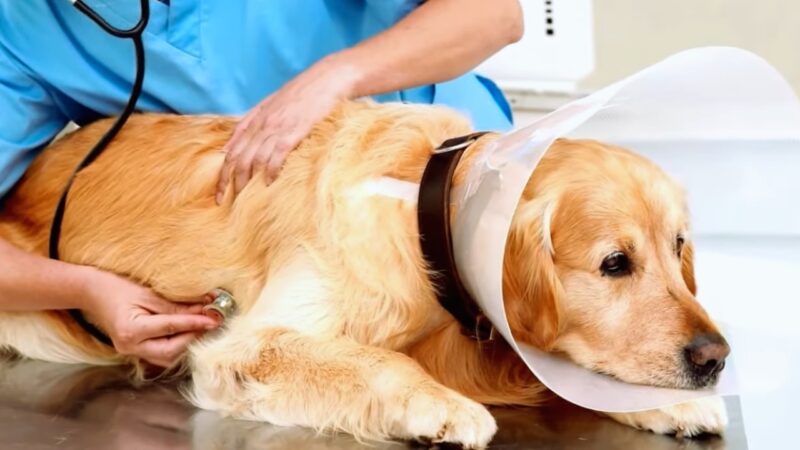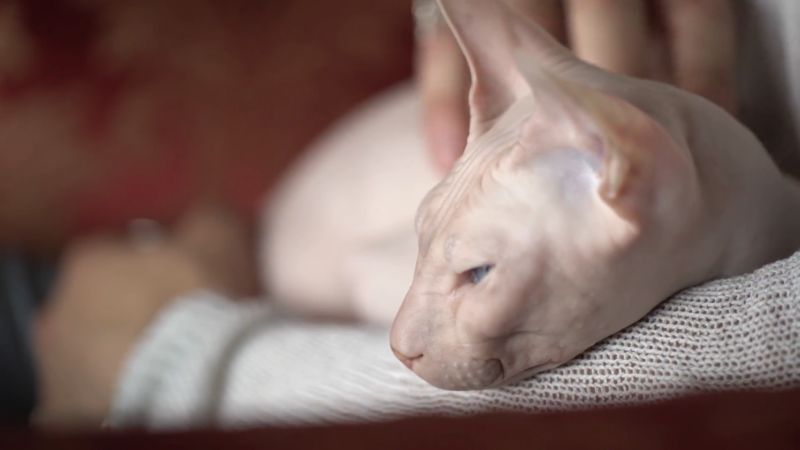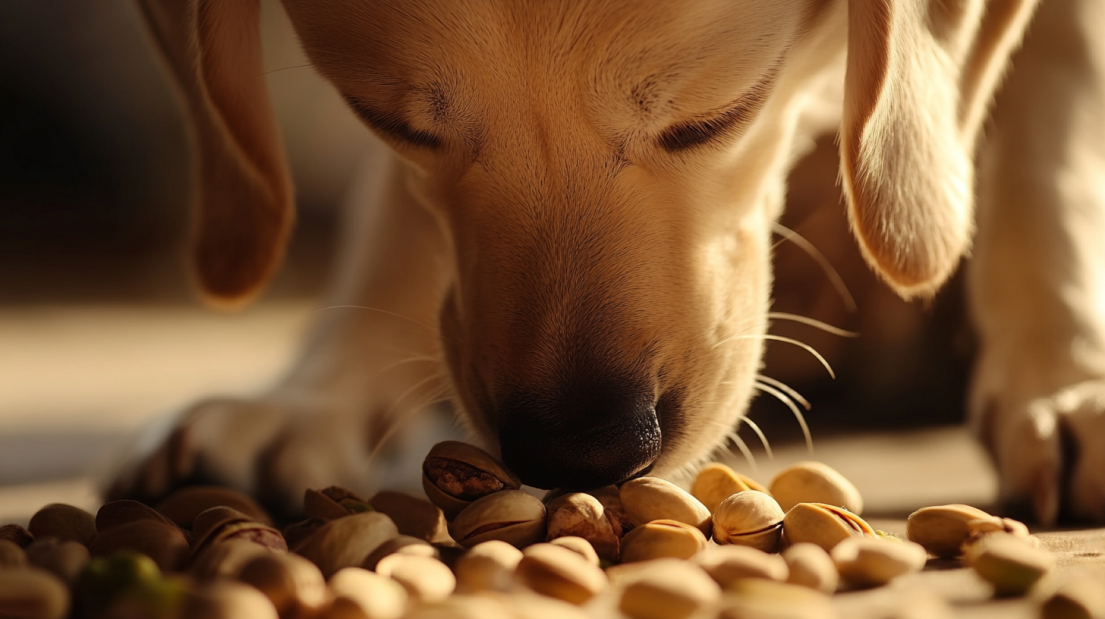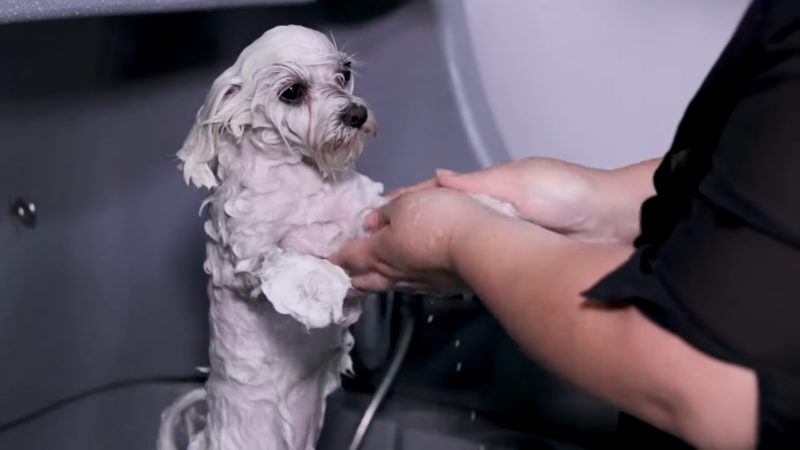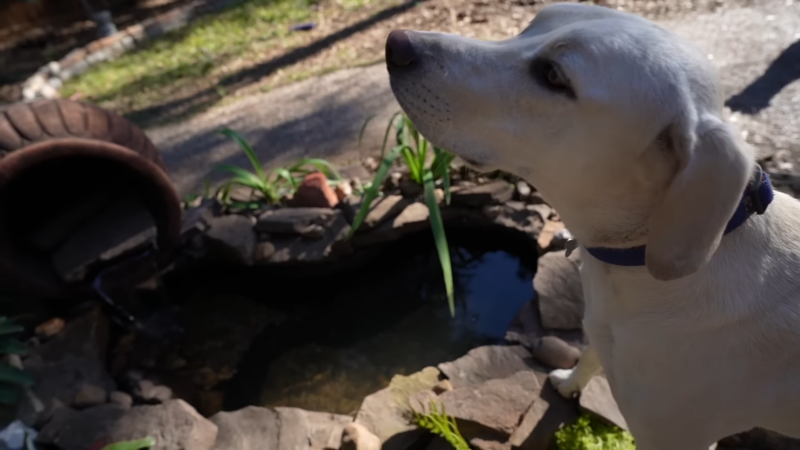
-
 Jane Harmon
Jane Harmon
- Published:
- Updated: March 12, 2024
- Category: Dog Specific Care, Pet Names and Types
Share Post:
Puppies…even the word itself sounds adorable! From wagging tails to wet nose boops, they have a unique way of stealing our hearts and leaving an everlasting paw print. Among the wide array of dog breeds, you may have come across the term “Teacup Puppies,” and if you’re curious about these tiny bundles of fur, you’re in the right place.
If you are about to have such a furry friend or dream of welcoming one into your home, I’ll help you explore what sets them apart, the controversies surrounding their breeding, and most importantly, how to ensure their well-being and happiness.
Their Origin

Teacup puppies are not a breed in themselves, but rather a size variation of existing breeds. The term “teacup” is used to describe dogs that are smaller than the breed’s standard size. This size variation is achieved through selective breeding practices, where the smallest dogs of a breed are chosen to reproduce.
The goal is to create a lineage of miniature dogs that retain the characteristics of their breed but in a much smaller package.
Selective Breeding
Selective breeding is the process by which humans breed animals to develop specific traits. In the case of teacup puppies, breeders select the smallest dogs of a breed to reproduce, aiming to create a lineage of miniature dogs.
This practice has been around for centuries, with small dogs often favored for their portability and novelty. However, it’s important to note that this practice can lead to health issues, as it often involves breeding dogs that are below the healthy size of their breed.
Popular Breeds
There are several breeds that have teacup variations, including the Pomeranian, Chihuahua, Maltese, and Yorkshire Terrier. These breeds are already small, but their teacup versions are even tinier, often weighing less than 5 pounds when fully grown.
Each of these breeds has its own unique characteristics, but they all share the common trait of being incredibly small and cute.
Main Characteristics
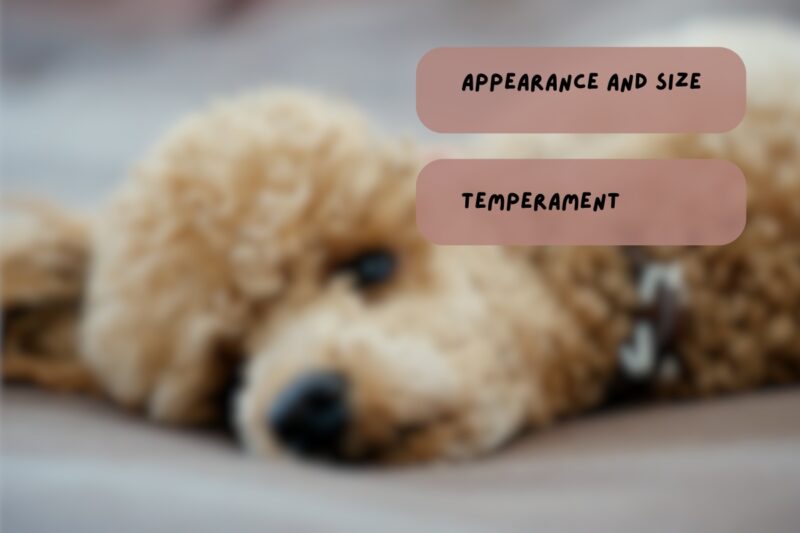
These dogs are known for their small size, but they also have other distinctive traits. These include their appearance, temperament, and lifespan. Despite their small stature, they often have big personalities and are known for their lively and playful nature.
Appearance and Size
These dogs are incredibly small, often fitting in the palm of a hand. They usually weigh less than 5 pounds and stand less than 8 inches tall. Their small size often makes them look like puppies throughout their entire lives, which adds to their appeal.
However, it’s important to remember that their small size also makes them more vulnerable to injuries and health issues. Here’s a simple markdown table that lists some popular teacup dog breeds and their average weights:
| Breed | Average Weight |
|---|---|
| Chihuahua | 2-5 pounds |
| Pomeranian | 3-7 pounds |
| Yorkshire Terrier | 2-4 pounds |
| Maltese | 2-4 pounds |
| Poodle | 2-4 pounds |
| Shih Tzu | 5-7 pounds |
| Pekingese | 6-8 pounds |
| Dachshund | 5-7 pounds |
Temperament
Teacup puppies are often energetic, affectionate, and sociable. They tend to form strong bonds with their owners and can be quite protective. However, their small size makes them vulnerable, and they can be easily injured if not handled with care.
Despite their size, they often have a big-dog attitude and aren’t afraid to stand up for themselves. They are also known for their intelligence and can be trained to perform various tricks and commands.
Health Concerns

While these dogs are undeniably cute, their small size can lead to a variety of health issues. It’s important for potential owners to be aware of these concerns before bringing a teacup puppy home. These health issues can range from minor to severe, and they often require ongoing veterinary care.
Fragile Bones and Bone Fractures
Teacup puppies are particularly susceptible to bone fractures due to their delicate and tiny bones. Even minor accidents or falls can result in serious injuries, causing pain and discomfort for the pup. Special care should be taken to create a safe environment, minimizing the risk of falls and traumatic injuries.
Heart Disease
Genetic health issues are more prevalent among these dogs, and one of the significant concerns is heart disease. The selective breeding practices aimed at achieving the smallest size possible can inadvertently lead to cardiac problems in these tiny dogs.
Regular veterinary check-ups, along with appropriate diet and exercise, are vital for monitoring their heart health.
Respiratory Problems
Teacup puppies may experience respiratory issues due to their extremely small airways and compact chests. This can lead to difficulty breathing, especially during exercise or in hot weather. Overexertion should be avoided, and they should never be left in hot or stuffy environments.
Hypoglycemia (Low Blood Sugar)
Their small size makes teacup puppies more susceptible to hypoglycemia, a condition characterized by low blood sugar levels. This can lead to weakness, lethargy, seizures, and even coma if not promptly addressed. Regular, balanced meals and scheduled feedings are essential to maintain stable blood sugar levels.
Dental Problems
They often have dental issues, including overcrowding, misalignment, and early tooth loss. Their small mouths may not accommodate all their teeth comfortably, leading to potential dental pain and difficulties in eating.
Dental hygiene should be a priority, with regular brushing and professional cleanings as recommended by the veterinarian.
Fragile Organs
Internal organs in teacup puppies can be more delicate and prone to injury due to their tiny size. Even seemingly minor traumas can cause severe damage, necessitating immediate veterinary attention.
Lifespan
Due to the health issues associated with their small size, these dogs generally have a shorter lifespan compared to their standard-sized counterparts.
However, with proper care, a well-balanced diet, regular exercise suitable for their size, and prompt medical attention when needed, they can lead a happy and fulfilling life.
How to Take Care of Them?
Caring for a teacup puppy requires a lot of time, patience, and understanding. Their small size and delicate health make them more vulnerable, and they require special care to ensure their well-being.
This includes providing them with a suitable diet, ensuring they get enough exercise, and taking them for regular veterinary check-ups.
Feeding and Nutrition
They require a diet that is rich in nutrients to support their growth and development. They also need to eat more frequently than larger dogs to maintain their blood sugar levels. It’s important to consult with a vet to determine the best diet for your teacup puppy.
They may recommend a specific type of dog food or suggest adding certain supplements to their diet.
Exercise and Training
These puppies are often energetic and require regular exercise. However, due to their delicate health, it’s important to ensure that their exercise is safe and appropriate for their size. This might include short walks or play sessions in a safe and enclosed area.
Training is also essential to ensure that they are well-behaved and safe. This includes basic obedience training, as well as socialization to ensure they get along well with other animals and people.
The Controversy Surrounding Teacup Puppies

The breeding and ownership of teacup puppies is a topic of controversy. While some people adore their tiny size and unique characteristics, others argue that the breeding practices used to create them are unethical. This controversy stems from concerns about the health issues associated with their small size and the breeding practices used to create them.
Ethical Concerns
Critics argue that the selective breeding practices used to create these dogs are unethical, as they often lead to health issues. They believe that breeding dogs for aesthetic purposes, rather than health and temperament, is irresponsible and harmful to the dogs.
They argue that the demand for teacup puppies encourages breeders to prioritize size over health, leading to a population of dogs with serious health issues.
Responsible Ownership
Despite the controversy, there are many responsible owners who provide loving homes for teacup puppies. They understand the special care these dogs require and are committed to their wellbeing.
If you’re considering bringing a teacup puppy into your home, it’s important to do your research and ensure you’re prepared for the responsibility. This includes understanding their health needs, finding a reputable breeder, and being prepared for the time and financial commitment that comes with owning a teacup puppy.
FAQs:
How Long Do Teacup Puppies Live?
Their lifespan can vary greatly, but on average, they live between 7 to 12 years. This can be influenced by their overall health, diet, and care.
Do They Need Special Toys?
Yes, due to their small size, they often need smaller toys that are appropriate for their size and strength.
Can These Dogs Live with Other Pets?
Yes, they can live with other pets, but they should be introduced slowly and carefully to ensure they get along. Due to their small size, they may be at risk of injury from larger pets.
Are Teacup Puppies Recognized by The American Kennel Club (akc)?
No, the AKC does not recognize “teacup” as a size category or specific breed. Dogs are categorized by the AKC based on their breed, regardless of size.
Can They Go for Walks?
Yes, these dogs can go for walks, but they may not require as much exercise as larger dogs. Short, gentle walks are usually sufficient.
Conclusion
To sum up, teacup puppies are a unique and fascinating aspect of the canine world. Their small size and distinctive characteristics make them a favorite among many dog lovers.
Yet, the health issues they often face, coupled with the contentious nature of their breeding methods, add layers of complexity to their existence. Regardless of whether you adore these petite pups or question the ethics of their breeding, it’s indisputable that they present an intriguing subject worthy of further investigation.
Related Posts:


